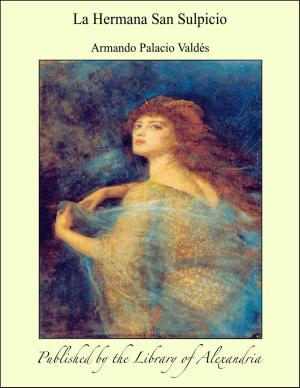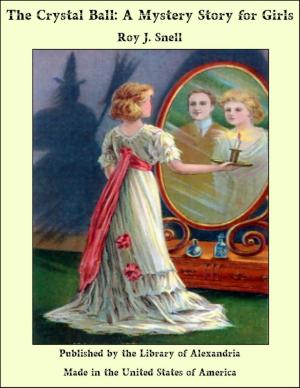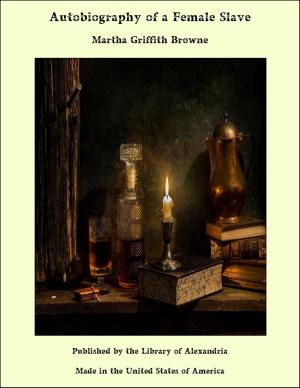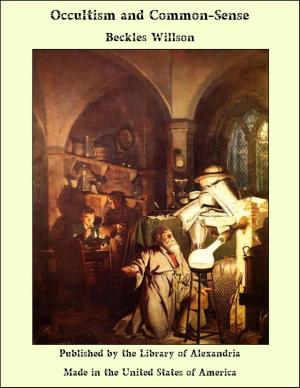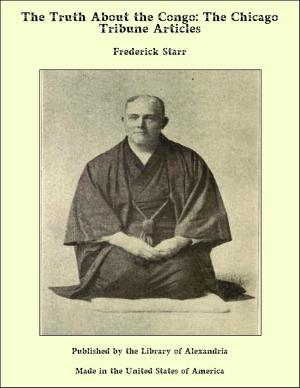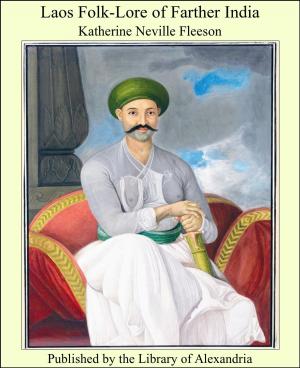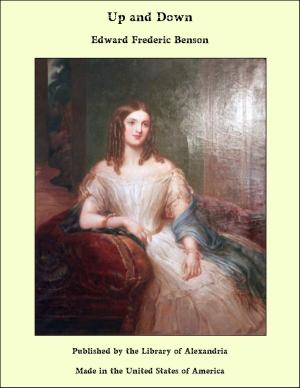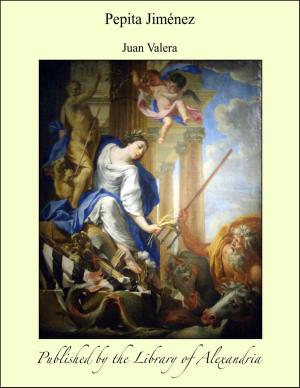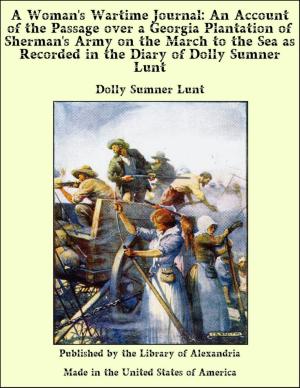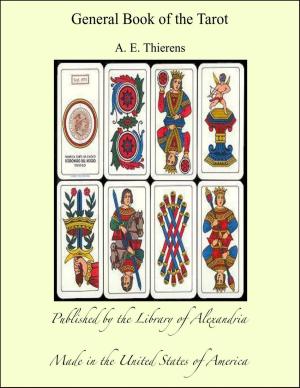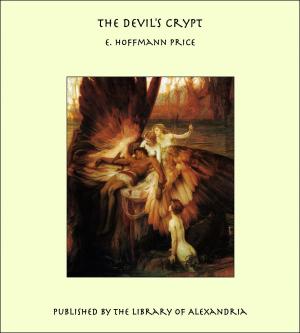The Collected Works of Eugène Sue in English and French. Les Oeuvres Complètes de Eugène Sue en Anglais et en Français
Nonfiction, Religion & Spirituality, New Age, History, Fiction & Literature| Author: | Eugène Sue | ISBN: | 9781465519849 |
| Publisher: | Library of Alexandria | Publication: | March 8, 2015 |
| Imprint: | Language: | French |
| Author: | Eugène Sue |
| ISBN: | 9781465519849 |
| Publisher: | Library of Alexandria |
| Publication: | March 8, 2015 |
| Imprint: | |
| Language: | French |
Eugene Sue wrote in French a monumental work: "The Mysteries of the People," or "History of a Proletarian Family." It is a "work of fiction;" yet it is the best universal history extant: better than any work, avowedly on history, it graphically traces the special features of the several systems of class-rule as they have succeeded each other from epoch to epoch, together with the nature of the struggle between the contending classes. The "Law," "Order," "Patriotism," "Religion," etc., etc., that each successive tyrant class, despite its change of form, hysterically sought refuge in to justify its criminal existence whenever threatened; the varying economic causes of the oppression of the toilers; the mistakes incurred by these in their struggles for redress; the varying fortunes of the conflict;—all these social dramas are therein reproduced in a majestic series of "historic novels," covering leading and successive episodes in the history of the race. The work here published in English garb is one of these historic novels. It is chosen because of its singular fitness to modern times in one important respect:—the unity of action of the oppressors, despite hostile politico-material interests and clashing religious views; the hypocrisy that typifies them all; the oneness of fundamental purpose that animates pulpit, professorial chair or public office in possession of a plundering class; and, last not least, the identity of the methods pursued and the pretences seized by the plundering and ruling class, at that long ago critical period in the history of the human race, when the pre-feudal colossus of the Roman Empire was, by force of its own power, beginning to strangle itself, and, at the present or third critical period, when the grand-child of that Roman System and child of Feudalism,—Capitalism—, is now in turn, likewise by virtue of its own ripened colossal power, throttling itself to death, and, with its death throes, heralding the advent of a new civilization—the Socialist Social System. "The Silver Cross," or "The Carpenter of Nazareth," is a pathetic page from history that holds the mirror up to the Capitalist Class—its orators, pulpiteers, politicians, lawyers, together with all its other menials of high and low degree—, and, by the reflexion cast, enlightens and warns.
Eugene Sue wrote in French a monumental work: "The Mysteries of the People," or "History of a Proletarian Family." It is a "work of fiction;" yet it is the best universal history extant: better than any work, avowedly on history, it graphically traces the special features of the several systems of class-rule as they have succeeded each other from epoch to epoch, together with the nature of the struggle between the contending classes. The "Law," "Order," "Patriotism," "Religion," etc., etc., that each successive tyrant class, despite its change of form, hysterically sought refuge in to justify its criminal existence whenever threatened; the varying economic causes of the oppression of the toilers; the mistakes incurred by these in their struggles for redress; the varying fortunes of the conflict;—all these social dramas are therein reproduced in a majestic series of "historic novels," covering leading and successive episodes in the history of the race. The work here published in English garb is one of these historic novels. It is chosen because of its singular fitness to modern times in one important respect:—the unity of action of the oppressors, despite hostile politico-material interests and clashing religious views; the hypocrisy that typifies them all; the oneness of fundamental purpose that animates pulpit, professorial chair or public office in possession of a plundering class; and, last not least, the identity of the methods pursued and the pretences seized by the plundering and ruling class, at that long ago critical period in the history of the human race, when the pre-feudal colossus of the Roman Empire was, by force of its own power, beginning to strangle itself, and, at the present or third critical period, when the grand-child of that Roman System and child of Feudalism,—Capitalism—, is now in turn, likewise by virtue of its own ripened colossal power, throttling itself to death, and, with its death throes, heralding the advent of a new civilization—the Socialist Social System. "The Silver Cross," or "The Carpenter of Nazareth," is a pathetic page from history that holds the mirror up to the Capitalist Class—its orators, pulpiteers, politicians, lawyers, together with all its other menials of high and low degree—, and, by the reflexion cast, enlightens and warns.

